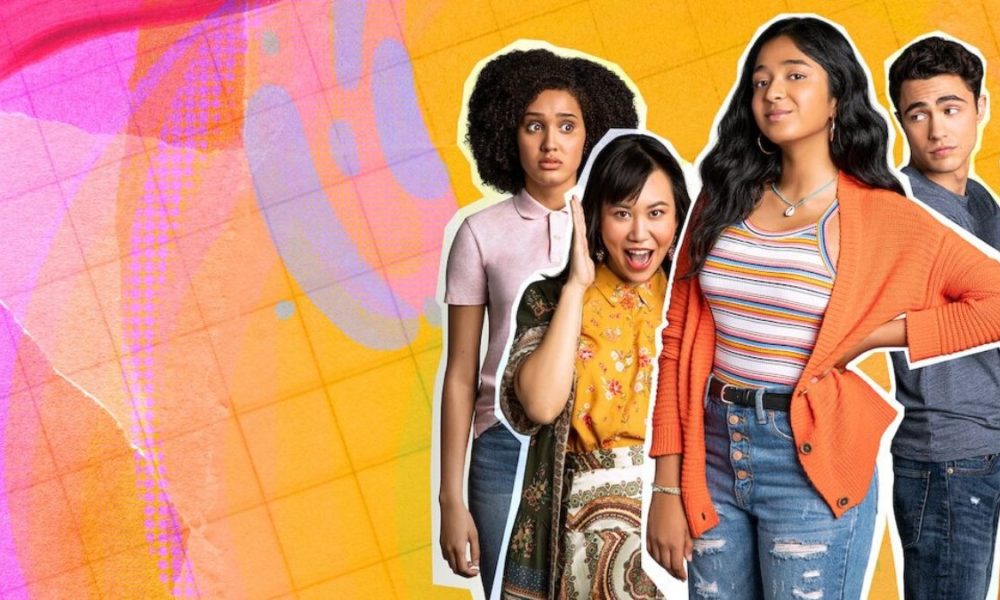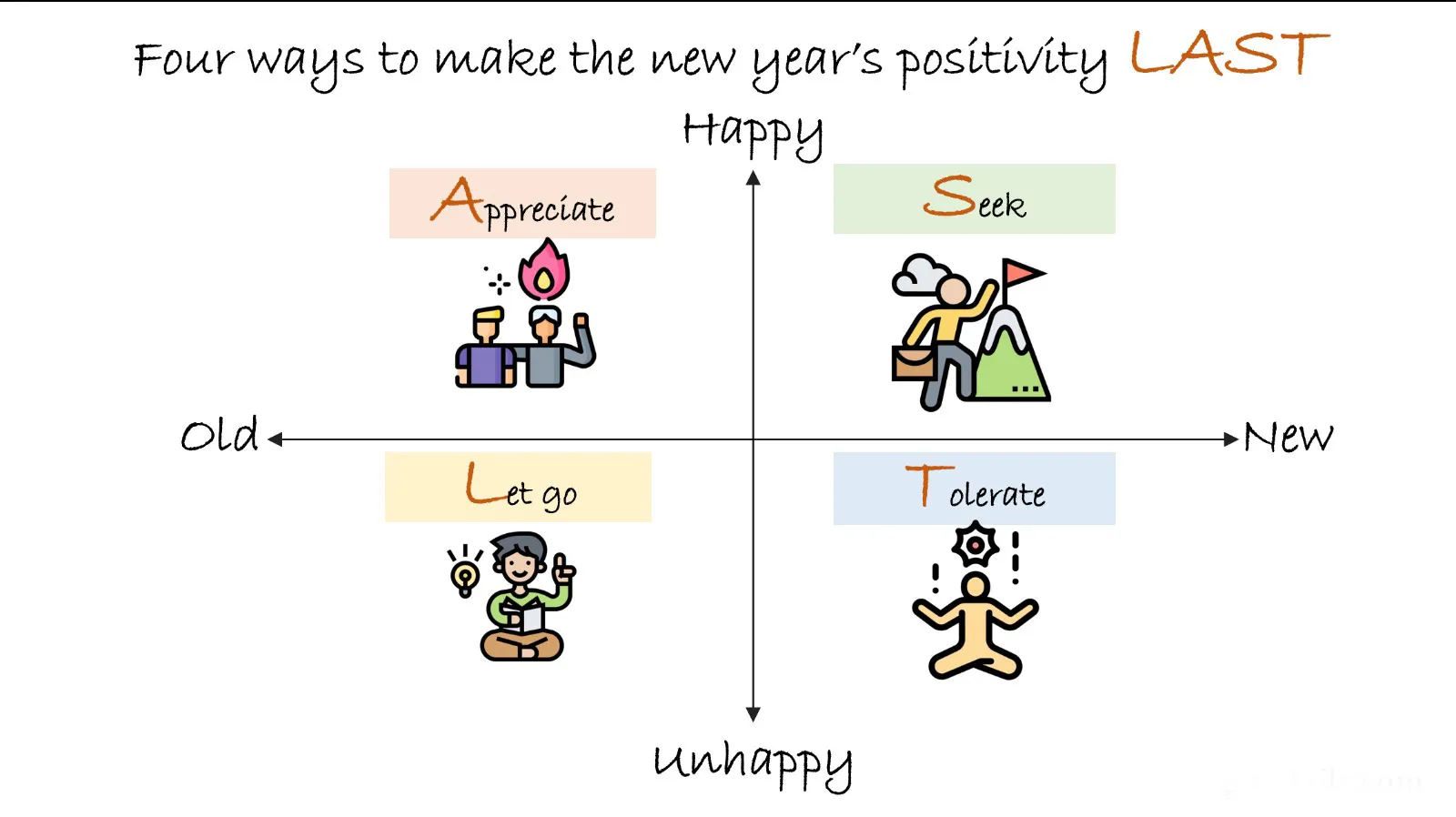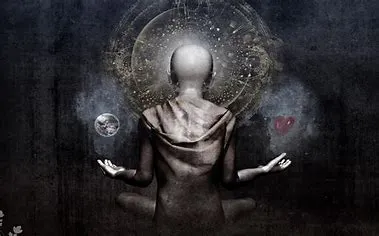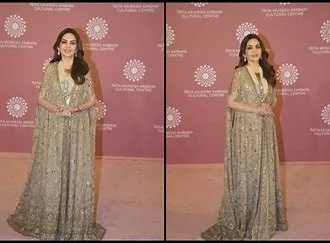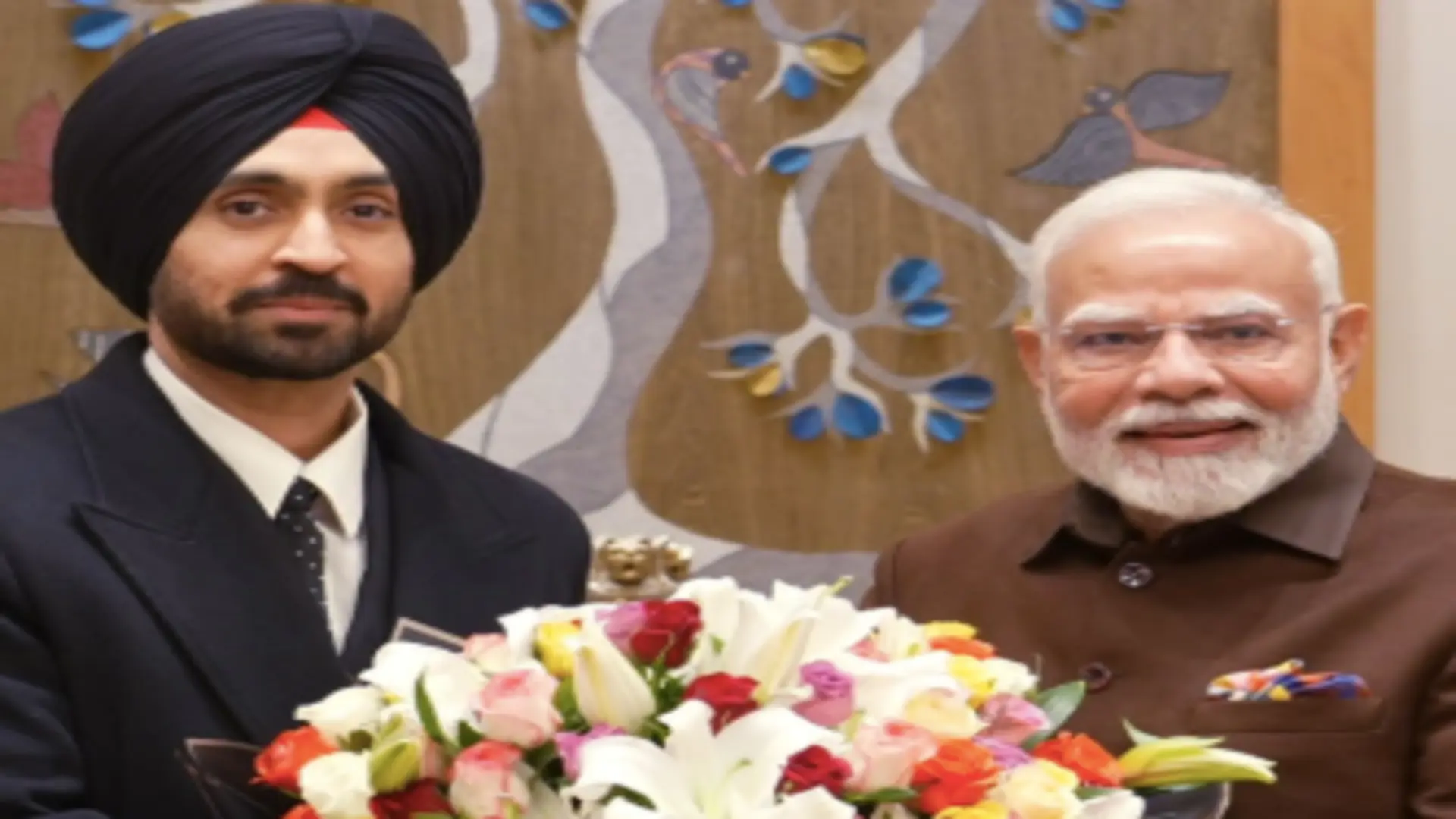Netflix’s Never Have I Ever is an American coming-ofage drama created by Mindy Kaling and Lang Fisher. Released 27 April 2020, the show has received an overwhelmingly positive response, with a Rotten Tomatoes score as high as 96%. Many have praised the show and described it as a watershed moment for South Asian representation. However, though the show is entertaining in its awkwardness and has many redeeming qualities, it is also riddled with stereotypes.
Never Have I Ever tells the story of protagonist Devi Vishwakumar (Maitreyi Ramakrishnan), a young Indian-American who is attempting to reclaim her life and have a great sophomore year after recovering from partial paralysis that was prompted by the sudden death of her father. The series follows Devi’s awkward attempts to alter her high school reputation, make the “hot jock” at school her boyfriend and lose her virginity, all while she struggles with the trauma following her father’s death.
The show puts in a remarkable amount of effort to emphasise that Devi and the Vishwakumar family are really Indian— from their names to their mentalities– and in doing so takes away from its effort to break the stereotypical mould that Indian characters are commonly set in. We see Devi’s mother Nalini (Poorna Jagannathan) freak out about Devi’s sacredly blessed textbook touching the ground and yelling at her for any interaction with boys, including made-up interactions that Devi creates.
This stereotype seeps into both the big moments and the subtle ones, and in one scene Devi and her friends are making a TikTok video in strappy dresses, only for Devi to be dragged away by her mother and subsequently re-enter the frame with a white T-shirt under her dress. It is perpetuated by not just Devi’s family but also our protagonist and we see Devi dreaming of her crush, high school heartthrob Paxton-Hall Yoshida, telling her that she “has the beauty of Priyanka Chopra”.
Though some of what is portrayed in the show is perhaps relatable to many Indians, unfortunately, it is as if the show has a checklist of Indian characters and stereotypes and one by one, ticks off each stereotype through the course of the season. We have the conservative parents and overly opinionated aunties and uncles, the nerdy children that have more book experience than life experience and to top it all off, arranged marriages.
We see that Devi’s cousin Kamala (Richa Moorjani) who is completing her PhD at Caltech is praised for being a smart and successful young woman, especially by her aunt, Nalini. However, she is also being pressured into an arranged marriage to someone of her parents’ choosing. Despite Nalini’s seemingly progressive attitude when it comes to both Kamala and Devi’s education, she too pushes Kamala to act as a dutiful potential daughterin-law who will cook, clean and serve her husband and is eager to portray Kamala in a light that makes her seem suitable for an arranged marriage.
A scene celebrating Ganesh Puja (which unsurprisingly included a video of the festival’s celebration in India) introduces us to a divorced woman who sits alone at the festivities, ostracised for marrying an American-Muslim despite her parents’ wishes. Confused and pressured by the prospect of an arranged marriage Kamala ends up in conversation with this woman, who, instead of advising her to follow her heart and go against the grain, tells Kamala that she should learn from her own mistakes and comply with her parents’ wishes.
Here, the show fails to seize the opportunity to encourage women to pursue and stand by their own choices, and instead delivers the message that we should comply with societal expectations or suffer the unpleasant consequences. When Devi’s uncle comes to visit, he assumes the role of the authoritative man of the house, dictating what Devi and the other women in the Vishwakumar household should or should not be doing.
Both Devi’s uncle and the rest of her family (with the exception of Devi herself) have a heavy-handed and at times unrealistic Indian accent. Much of this criticism was anticipated by Kaling who, in an interview with The New York Times said, “What I realized is that because we don’t have a lot of different shows depicting Hindu teenagers praying, it offends people when it’s not exactly the way that it was for them.” She added, “I’m still trying to figure out a way to accept that criticism. Those people who watch the show, particularly young Indian-American women, are the people that I want to like it the most.
And they’re the ones that are going to be the toughest on me.” This is not to say that the show is popular without cause. The writers do an excellent job of portraying high school teenagers stumbling through life as they attempt to find themselves and none of the main characters of the show are one dimensional. Rather, they all have their own lives independent of the show’s main plot. Devi’s best friends, Eleanor (Ramona Young) and Fabiola (Lee Rodriguez) have their own compelling storylines and we are even given a glimpse into the complex lives of supporting characters such as Paxton-Hall Yoshida and Devi’s arch-nemesis Ben Gross (Jaren Lewison).
Though it takes a while to get there, the show also embraces the emotional side of Devi’s story and through her therapy sessions we see Devi struggle to come to terms with the loss of her father and address her feelings on the matter. Towards the end of the series, the show also addresses the tense relationship between Devi and her mother and hints towards evolving this storyline further in a second season.
Given the rarity of a show based on the experiences of a young Indian-American girl in high school, it is impossible for Kaling to please all of her audience and create a show filled with experiences relatable to everyone. Never Have I Ever is an enjoyable teen comedy and makes for an easy and entertaining binge-watch while stuck at home. However, it is certainly no champion of South Asian representation.

